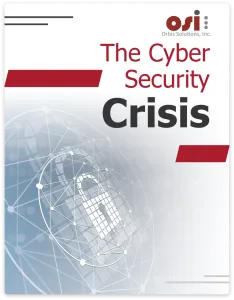
Secure Online Shopping Tips for Mother's Day
Are you planning to buy gifts for the important women in your life this Mother's Day? When shopping online, it's crucial to prioritize security. The holiday season often sees an increase in cybercriminal activity, with scams designed to steal both your money and personal information. In this article, we'll guide you through the safest methods for making online purchases, highlight common scams to be aware of, and share best practices for secure online shopping.
How to Make Online Purchases Safely
To protect your online transactions, it's advisable to avoid using debit cards, as they provide direct access to your bank account. Instead, consider using a credit card or a third-party payment service. Credit cards are equipped with advanced fraud monitoring capabilities that can promptly identify and address suspicious activity. They also allow you to contest unauthorized charges. Additionally, some credit card issuers offer virtual credit cards that generate random details for each transaction, enhancing your security.
Third-party payment services like PayPal offer another layer of security by not disclosing your personal or financial details to the seller, safeguarding you from potential data breaches.
Best Practices for Online Shopping
Beyond choosing secure payment options, adhering to best practices in online shopping is essential. Be wary of deals that appear too good to be true and ensure that you only make purchases from websites that use HTTPS encryption. Refrain from clicking on dubious links or sharing your personal information with unverified sources. By following these precautions, you can ensure a secure and enjoyable online shopping experience for Mother's Day.

